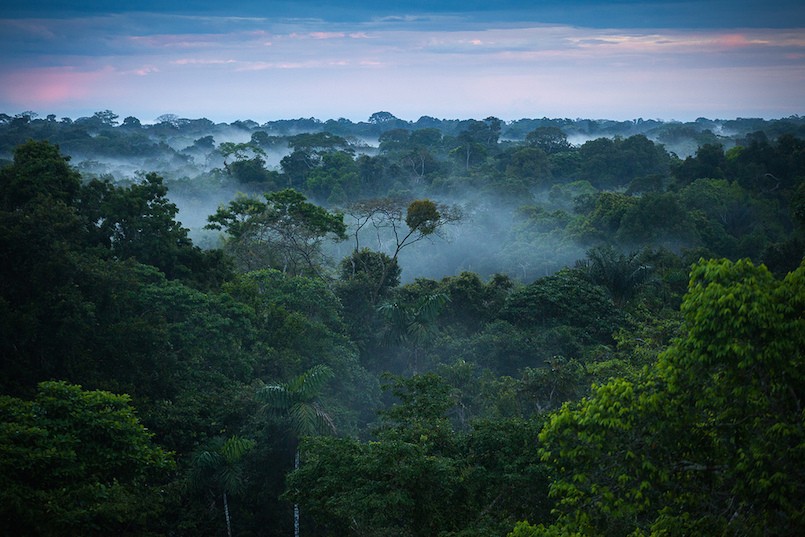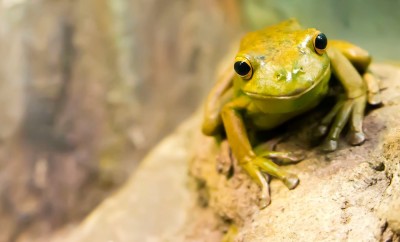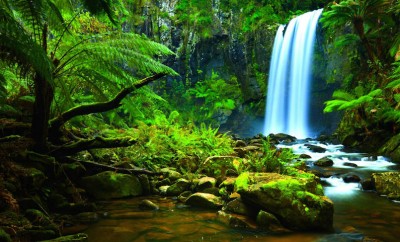
Image: amazonaws.com
In the last 20 years, our understanding and appreciation of the environment and impact we have on it has increased dramatically. Mixed in with a healthy dash of capitalism, this has led to the ecotourism revolution.
The Ecotourism Revolution
Flash back 20 years and the nature of tourism and vacations was fairly simple. The first step was to figure out how much you could afford. Then it was just a matter of determining the location you could get the most for your money. As environmental concerns have come front and center in the form of pollution and global warming, many are rethinking their travel and vacation plans.
Ecotourism refers to trips to environmentally significant and sensitive locations. In truth, it has been around for a long time, but in different forms. Bird watching enthusiasts have been traveling around the world for a very long time and such trips are often categorized as a form of ecotourism. In many ways, one can argue that Charles Darwin was carrying out a form of ecotourism when he visited the Galapagos Islands.
In its modern designation, ecotourism really started as a viable thing in the early 1980s. It was popular with an unfortunately small group of people interested in the environment. It slowly grew in popularity until it burst on the scene in 2002 when the United Nations declared it the Year of Ecotourism.
As you might imagine, ecotourism comes in many forms. In general, it usually involves a visit to a localized area with a unique environment. Examples can include destinations such as rainforests, habitats for endangered animals and so on. Once at the location, the idea is to leave a small footprint. Facilities, tours and interaction with the habitat in question are designed to provide an educational experience while keeping human impact on the habitat to a minimum.
Another aspect of ecotourism that often occurs is sustainability. It often seems that a sensitive area is also the home to a human population that needs to exploit the area to live. In such situations, one of the goals of ecotourism is to create an economic alternative in the form of tourism jobs and money being put into the local economy by tourists. In such a situation, it is clearly a win-win result.
The next time you are getting ready to take a vacation, you might want to give some thought to the process. While Disneyland will always be there, that rainforest may not.





0 comments